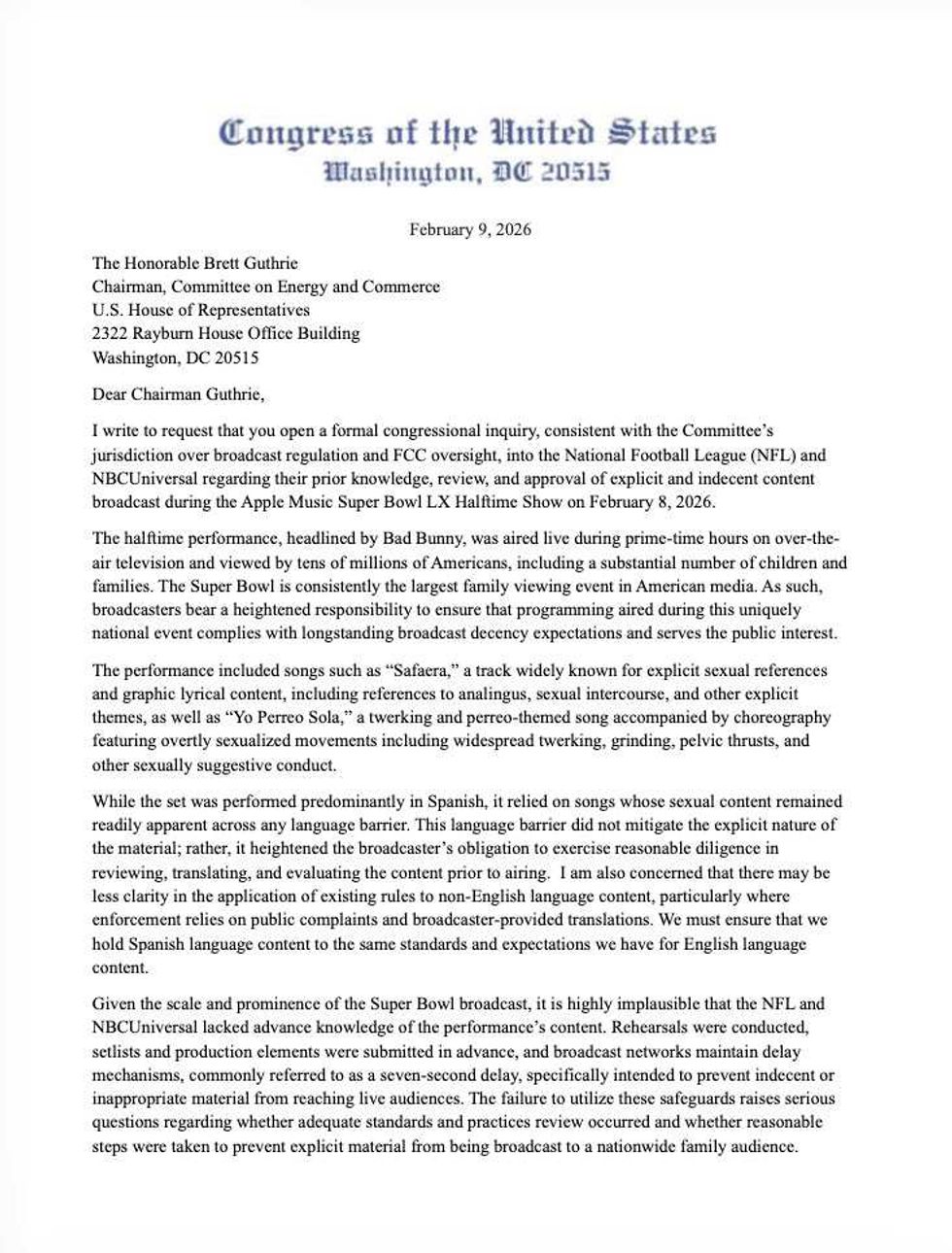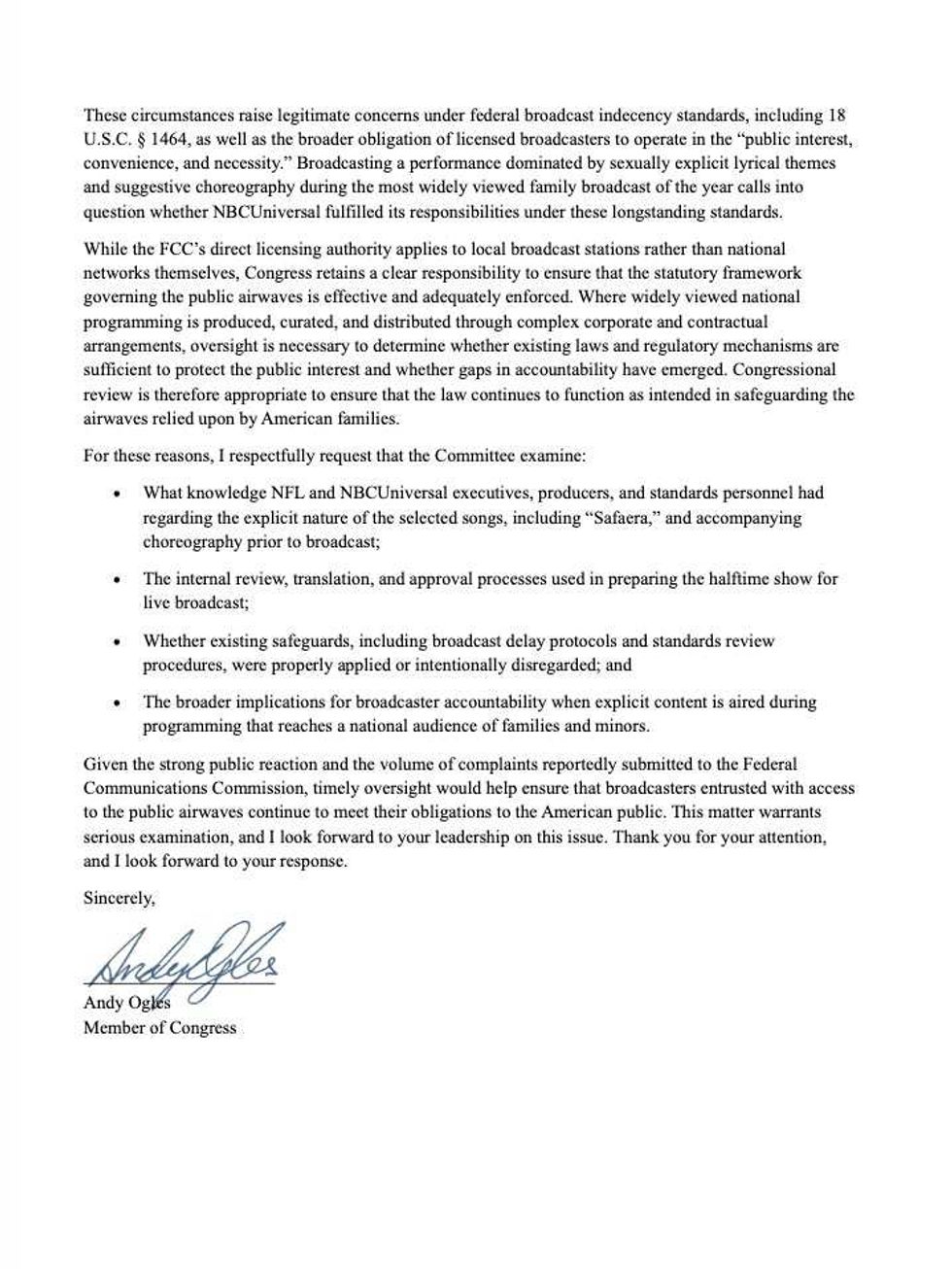A charity worker who, for three decades, has battled such severe psoriasis it can feel like having paper cuts all over her body told how she has to freeze her pajamas to keep her skin cool overnight.
Sometimes finding it too painful to walk, Rena Ramani, 42, of Edgware, north London, was just 12 when the skin condition first appeared as a smattering of rash-like patches that sprang up on her back.
At first, she thought it must be an adverse reaction to something – but it took just days to spread all over her limbs, leading to her GP diagnosing psoriasis, a chronic, incurable condition in which the skin become covered in red, crusty patches.

She said: “Being told at the point of my diagnosis that my psoriasis would affect me for life was a really bitter pill to swallow. I had no idea how to deal with it and still can't quite get my head around the forever part.
“Mentally, I have come a long way, but I can't be strong every single day, so sometimes all it takes is a rude comment or a look from a stranger to send me back into that dark place.
“To me, psoriasis is both a visible and invisible condition. The patches I get during flare ups are clear to see – but there is so much more going on, and other hidden ways it affects me."

Rena, who works part-time as a finance officer for a music charity, was at secondary school when her psoriasis hit with no discernible trigger, coating her body within just a few days.
On half-term at the time, she then faced the added pressure of her classmates asking her what had happened when she returned to school.
Sadly, her condition made her a target for cruel bullies, leaving her self-esteem in tatters.
She continued: “All the while, the psoriasis was getting worse. Eventually, there was not a piece of my skin that wasn't covered – even my scalp."
As she grew older, Rena said her psoriasis even affected her social life, as she would regularly be either too exhausted or too self-conscious to go out.
With her skin itching so much it felt like it was burning, she was only able to snatch a couple of hours sleep every night – waking to find her sheets covered in blood.

Rena, who is speaking out to coincide with a Psoriasis Association and LEO Pharma UK report, Wake Up To Psoriasis, which revealed that more than 40 per cent of sufferers experience regular sleep disruption, with 73 per cent sleeping for less than five hours a night, said: “I'd wake up to find blood and skin everywhere, so I was washing my sheets every couple of days.
“Throughout the night, I'd have to get changed every few hours too, and even kept my pyjamas in the freezer, so that I could put something cooling on.
“Then, in the mornings, it'd take two to two-and-a-half hours just to get through my routine of showering, putting on various creams and moisturisers, and making myself presentable."
Never able to pinpoint a cause for her psoriasis, Rena's flare-ups come without warning.
She added: “At its worst, it'll give me this throbbing pain that makes it hard to walk. I'll feel really feverish too and you can feel the heat coming off my body.
“My skin is so delicate it can rip with the slightest movement, which feels like being covered in thousands of paper cuts. But in other places, it builds up and gets so thick and hardened that I have to peel it away."

According to the NHS, psoriasis – caused by an increase in the production of skin cells – affects around two per cent of people in the UK.
Usually, cells are made and replaced every three to four weeks, but with psoriasis, this process only takes around three to seven days – resulting in a build up that creates the red raw patches associated with the condition.
Over the years, Rena has tried all manner of treatments, including immunosuppressants and, at one stage, a chemotherapy drug – but nothing seems to keep her psoriasis at bay for long.

“Each flare-up seems worse than the last," she said. “Treatments only work for so long, then it's like my body builds up a tolerance. When a flare-up hits, my life goes on hold. I've been dealing with this for 30 years and there are still times when I think, 'How is this still happening to me?'
“People don't always understand the severity of psoriasis. I've literally been taking the same drugs they give people with cancer, or following a transplant. If I had been through either of these things, I'd have people at my house every day, asking what they could do to help.
“But instead, psoriasis is seen as 'just a skin condition' when actually, it's so much more than that."
After 30 years of dealing with this, I feel more like I'm 72 than 42 now.
Rena Ramani
At the moment, Rena's psoriasis is being tackled with biological injections, which reduce inflammation by targeting overactive cells, and are usually used in cases where the condition is severe and has not responded to other treatments.
“When it comes to treatment, there are so many decisions to be made," she explained. “That's another thing people can't see – you're wanting to treat the immediate flare-up, but you're also having to weigh up all these possible side-effects and think about life a couple of years down the line.
“All my previous medications, especially the immunosuppressants, have battered my immune system and I'm constantly catching germs that I can't shift. Not only that, the current treatment I'm on causes fatigue and, for a few days of the week I'm completely out of it."

Looking back, Rena feels that psoriasis has forced her to make a lot of compromises in life.
For example, she previously worked full time, but has had to cut back her hours to ensure she puts one day a week aside to rest, just to recover from the sheer exhaustion she battles every day.
“Working less means there is a financial impact, but money is taboo, and people don't feel comfortable asking me honestly if I'm getting by," she said.
She continued: “Psoriasis also means it's difficult to be spontaneous. Things like a trip away takes time and planning, as I have to bring all sorts of different clothes to cater for anything that may happen with my skin, as well as all my medicine.
“I've had to cancel social events with friends, give up hobbies and never even learnt to swim, because I was so exhausted by the constant burning and itching, not to mention being self-conscious."
By sharing her story, Rena hopes to make people more aware of what living with psoriasis means on a day-to-day basis, in the hope that they will be more mindful about it.

“It takes a lot for me to leave the house some days, so to then have to deal with ignorant stares or feeling like I have to explain myself can be too much," she concluded, adding that the Wake Up to Psoriasis report urges people to seek help from their GP if the condition is affecting their physical and emotional wellbeing.
“After 30 years of dealing with this, I feel more like I'm 72 than 42 now.
“I've found online support groups really helpful, as you can talk to someone who has been there and 100 percent gets it, but I wish the general public would take the time to understand more about what me, and people like me, go through every day."
For more information, visit www.wakeuptopsoriasis.com








 @RepOgles/X
@RepOgles/X @RepOgles/X
@RepOgles/X





 @chrisbrownofficial/Instagram
@chrisbrownofficial/Instagram u/oatlatt/Reddit
u/oatlatt/Reddit u/LoveTheAhole/Reddit
u/LoveTheAhole/Reddit u/SoFetch89/Reddit
u/SoFetch89/Reddit u/00trysomethingnu/Reddit
u/00trysomethingnu/Reddit u/kittybuscemi/Reddit
u/kittybuscemi/Reddit u/___nic/Reddit
u/___nic/Reddit u/WaterMagician/Reddit
u/WaterMagician/Reddit u/west-brompton/Reddit
u/west-brompton/Reddit u/GhostlySpinster/Reddit
u/GhostlySpinster/Reddit u/Asleep_Tap6199/Reddit
u/Asleep_Tap6199/Reddit u/afreudtolove/Reddit
u/afreudtolove/Reddit u/myfriendtoldmetojoin/Reddit
u/myfriendtoldmetojoin/Reddit
 @charlesbeckinsale/Instagram
@charlesbeckinsale/Instagram @liamgriffin/Instagram
@liamgriffin/Instagram @valentinoguseli/Instagram
@valentinoguseli/Instagram @17is/Instagram
@17is/Instagram @torahbright/Instagram
@torahbright/Instagram @mcfetridge/Instagram
@mcfetridge/Instagram @colleenquigley/Instagram
@colleenquigley/Instagram @jonathanwaynefreeman/Instagram
@jonathanwaynefreeman/Instagram
 @amberglenniceskater/Instagram
@amberglenniceskater/Instagram